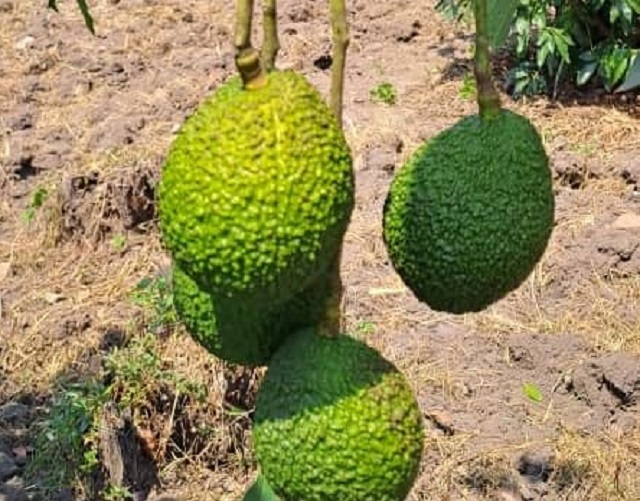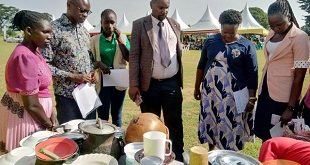
Kampala, Uganda | THE INDEPENDENT | The future of Uganda’s Hass avocado industry is promising, with prices continuing to climb in the local and global markets.
The National Agricultural Advisory Services (NAADS) global market is currently valued at over $8 billion and is projected to reach more than $ 20 billion in 2026.
NAADS says there are indications demand for the crop has already outstripped supply. Now NAADS is rallying farmers to consider Hass avocado.
Khadija Nakakande, the NAADS communications officer told Uganda Radio Network that many Ugandan farmers have been reluctant to take on Hass avocado going by experiences with crops like moringa and vanilla.
She said with the market from the European Union (EU) and the Middle East, Ugandans with idle land should stop doubting.
According to Nakakande, the crop is highly demanded as a fruit in the European market, which is the main target, though limited by strict specifications.
She revealed that besides the market in the EU and the Middle East, Uganda has witnessed an increase in the number of off-takers that have established local Hass avocado processing plants.
Some of the products from Hass avocado include crude used for making vegetable oils, soap, wine, fertilizer, and soft drinks.
Emergence of Hass Off-take Industry
So far, five foreign off-take factories have collaborated with Ugandans to encourage the establishment of Hass avocado farming enterprises. Some are venturing into Hass avocado out-growers in different parts of Uganda. They, according to NAADS require 260 metric tons of avocado daily.
Nakakande revealed that because the factories are failing to meet the Hass avocado volumes from the farmers, they have resorted to crushing the indigenous varieties.
“So for us NAADS, we are encouraging people to plant especially the Hass avocado because it has the market. A kilogram of Hass Avocado export quality fetches between 2,500 shillings and 3,500 shillings. A kilo normally contains 4 to five fruits, and for grade B, which does not go to the export market, a kilogram goes for 500 to 1000 shillings. By this, a farmer doesn’t make any loss,” she adds.
One of the off-taker factories, Avolio Uganda Limited is located at Namanve Industrial Park. It has a daily capacity of up to 160 metric tons. Hasan Al-Kailani, the managing partner at Avolio Uganda Limited told URN that the factory is operating at half capacity because of a shortage of Hass avocado on farms.
Al-Kailani the company annually exports crude oil worth up to 4 million dollars, and with the availability of Hass avocado, this could increase to 8 million dollars.
Balaji Industries located in Butalangu Nakaseke district is another off-taker factory. Its operations Manager, Keneth Ntegereize told URN that the factory can crush 80 tons of avocado per day but like Avolio, it is also operating below capacity.
He adds that the factory currently has 300 out-growers supplying it with the raw material. The company orchard, which is up to 2 square miles, is also not yet ready to supply the factory now.
“Prices have been phenomenal for the past five years. The local market is definitely growing and is becoming more lucrative,” he said.
Avocado, particularly Hass, is among the selected crops that the government, through NAADS, decided to promote because of its economic benefits. Data from NAADS indicates that Uganda has over 7,100 acres of Hass avocado, an improvement from the 3,300 acres it had before the government’s intervention. NAADS’ target is 5 million acres in the next five years.
Players have urged the government to go a step further to come up with standards to enable the farmers and the off-takers to export in more restrictive markets like the European Union. It is emerging that because Uganda doesn’t have standards for avocado oil, some off-takers have used standards from Kenya and Rwanda to access foreign markets.
 The Independent Uganda: You get the Truth we Pay the Price
The Independent Uganda: You get the Truth we Pay the Price



